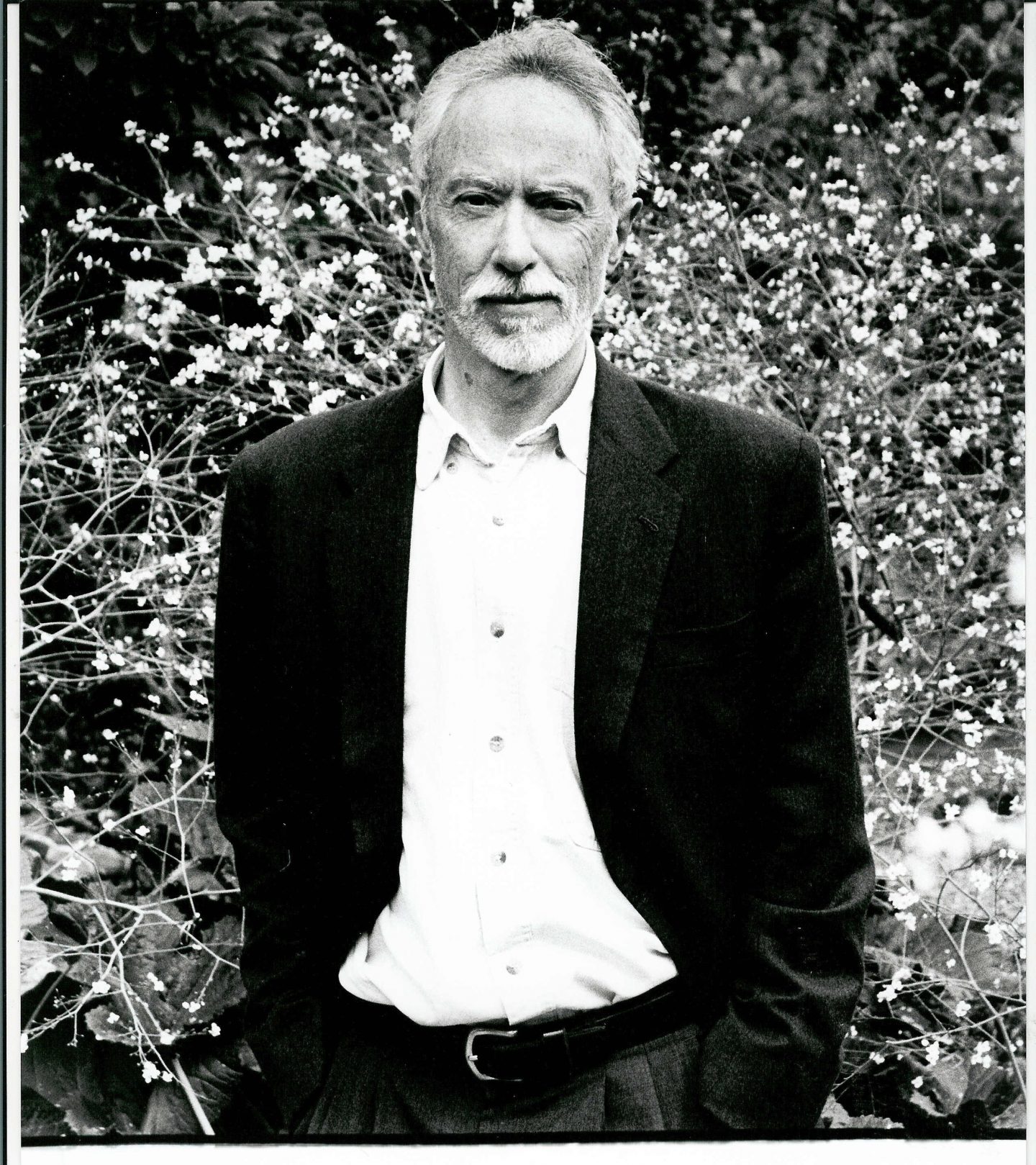
Walter Marsh
Walter is a writer and editor living on Kaurna Country.

Nobel and Booker Prize-winning and Adelaide-based author JM Coetzee has become the target of a short-lived online death hoax. Seeking to make an oblique point about fact-checking in the media, the hoaxer simply demonstrates their own lack of humanity.
Last night, a short tweet began circulating around the internet announcing the death of South African-born literary giant JM Coetzee. The post came via a Twitter handle ostensibly belonging to the Australian arm of Coetzee’s publisher Penguin Random House:
“URGENT. Penguin Australia receives now the sad news of the death of our dearest author John Maxwell Coetzee. An official note to be released soon.”
It was also tweeted in French and Spanish for good measure:

There was reason to question its legitimacy from the outset – the grainy, internet-sourced photograph of the author, the lack of ‘blue tick’ verification, the fact that the account was created in February 2020, had not tweeted before, and appeared to be registered to a random Gmail account. Then, of course, there’s the small detail that Penguin Australia is not actually Coetzee’s Australian publisher – that’s Text Publishing.
Despite such red flags, the tweets did generate a predictable amount of interest, with shares from several high profile Twitter users from the ABC’s Lara Tingle to musical comedian Eddie Perfect, most of whom promptly deleted their posts once its inauthenticity became apparent.
Overnight it seems that before deleting the posts, the user identified themselves as a known serial hoaxer who we’re not going to dignify by naming. The hoaxer’s previous targets have ranged from authors like Alice Munro and Haruki Murakami to bigger fish like Pope Benedict and Fidel Castro. It’s all in service, it seems, of a lesson about social media, fact-checking and ‘fake news’ in the media. But once again, when the grand payoff consists of zero actual news stories (save for this one, which is thoroughly not falling for it) and a handful of high profile retweets, it’s unclear exactly what the lesson is.
Death hoaxes are, at the best of times, a pretty cynical battleground on which to prosecute a grander argument about media credulity. The death of a beloved author or celebrity – or anyone for that matter – often circumvents the usual fact-checking impulses of casual observers because death and grief naturally, and rightfully, invoke reactions of sympathy, sensitivity and grief, not vigilant skepticism. We don’t immediately interrogate, because why would someone joke about such a thing? The answer, it seems, is because they’re probably a dick.
But in 2020, as we continue to navigate a global pandemic that has claimed hundreds of thousands of victims – some high profile enough to befit a death hoax, but many more not – the deployment of death hoaxes in service of a nebulous and ineffective line of media criticism is in particularly bad taste. And this week, when the turmoil engulfing the United States presents far more serious, complex and important lessons on virality, media and the awful power of death, it’s something worse.
We reached out to Penguin and Text Publishing, both of whom declined to provide an official comment, with Text simply directing us to this one tweet:
Which is, on balance, about the response it deserves.

Walter is a writer and editor living on Kaurna Country.